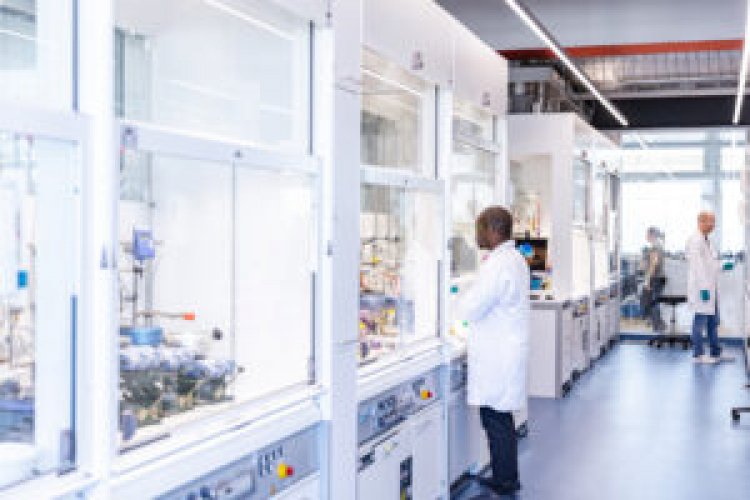Innovating and collaborating to improve access to medicines
When it comes to medicine access, every country faces diverse and unique challenges relating to awareness, acceptability, availability, affordability, adherence, and advocacy — especially with the pandemic adding complexity to these issues. ...

When it comes to medicine access, every country faces diverse and unique challenges relating to awareness, acceptability, availability, affordability, adherence, and advocacy — especially with the pandemic adding complexity to these issues.
The Access to Medicines Index, a program by the Access to Medicines Foundation, emphasized that the pharmaceutical industry, in collaboration with the global health community, plays an important role in responding to global health priorities, developing life-saving innovative medicines or vaccines, expanding access to already existing pharmaceuticals, and forging new partnerships to promote sustainable, long-term access to medicines.
The Index analyzed how 20 of the world’s largest pharmaceutical companies are addressing access to medicine in 106 low- and middle-income countries for 82 diseases, conditions, and pathogens.
In its 2021 report, the Index said that pharmaceutical companies continue to inch forward in addressing access to medicine in low- and middle-income countries. These companies are GlaxoSmithKline, Novartis AG, Johnson & Johnson, Pfizer, Sanofi, Takeda Pharmaceutical, AstraZeneca, Merck KGaA, Roche, Novo Nordisk, Eisai, Boehringer Ingelheim, Bayer AG, Astellas, and Merck & Co. (MSD) among others.
In a recent virtual event, top Novartis executives spoke about the Swiss pharmaceutical company’s access initiatives and the private and public sectors have to work together to improve global health.
“For many years now, Novartis has been conducting periodic materiality assessments to find out what societies expect from our company. The response has been consistent: societies expect socially responsible pharma companies to innovate to advance the standard of care and make this innovation accessible as early as possible and as broadly as possible. In other words, derive the maximum societal benefit from the innovation,” said Dr. Lutz Hegemann, president of Global Health and Sustainability at Novartis.
Dr. Hegemann stressed that innovating and promoting access to medicines are intrinsically linked. “The pharmaceutical industry needs to redefine how we look at our core business, which intrinsically should include access to medicines. It would be a missed opportunity and ethically and morally incorrect if pharmaceutical companies focus only on marketing and donating medicines. We have an obligation to go beyond that.”
The major challenges in public health and global health cannot be addressed by one sector alone. During the coronavirus disease 2019 (COVID-19) pandemic, Dr. Hegemann said that the world saw the power of cross-sectoral collaboration that allowed the pharmaceutical industry and stakeholders to deliver effective vaccines at record-breaking timelines.
“Conversations among regulators, payers, clinicians, and patient organizations are often siloed. What the pharma industry can do is facilitate a more integrated discussion among these key actors to make sure they are communicating and working with each other,” said Haseeb Ahmad, president of Novartis Europe.
“At the end of the day, it is the patient that matters most. Being patient-focused, the pharma industry can bring together stakeholders to the table so that we can move forward in enhancing access to medicines,” said Racey Muchilwa, country president and head of Novartis Sub-Saharan Africa.
Dr. Hegemann shared what he observed at the sidelines of the United Nations General Assembly held this September in New York. “Whether you spoke to representatives of governments, UN organizations, civil society, professional society, or the private sector, there was a clear desire to collaborate more closely in addressing some of the global health issues we are currently facing.”
The Novartis Access Principles have strategies that include adopting innovative pricing and access models, refocusing research and development based on society’s healthcare needs, and supporting approaches to strengthen healthcare systems.
“We certainly don’t have all the answers yet, but we are very willing to work with partners to pilot new approaches,” said Dr. Hegemann.
Teodoro B. Padilla is the executive director of the Pharmaceutical and Healthcare Association of the Philippines (PHAP), which represents the biopharmaceutical medicines and vaccines industry in the country. Its members are at the forefront of research and development efforts for COVID-19 and other diseases that affect Filipinos.














